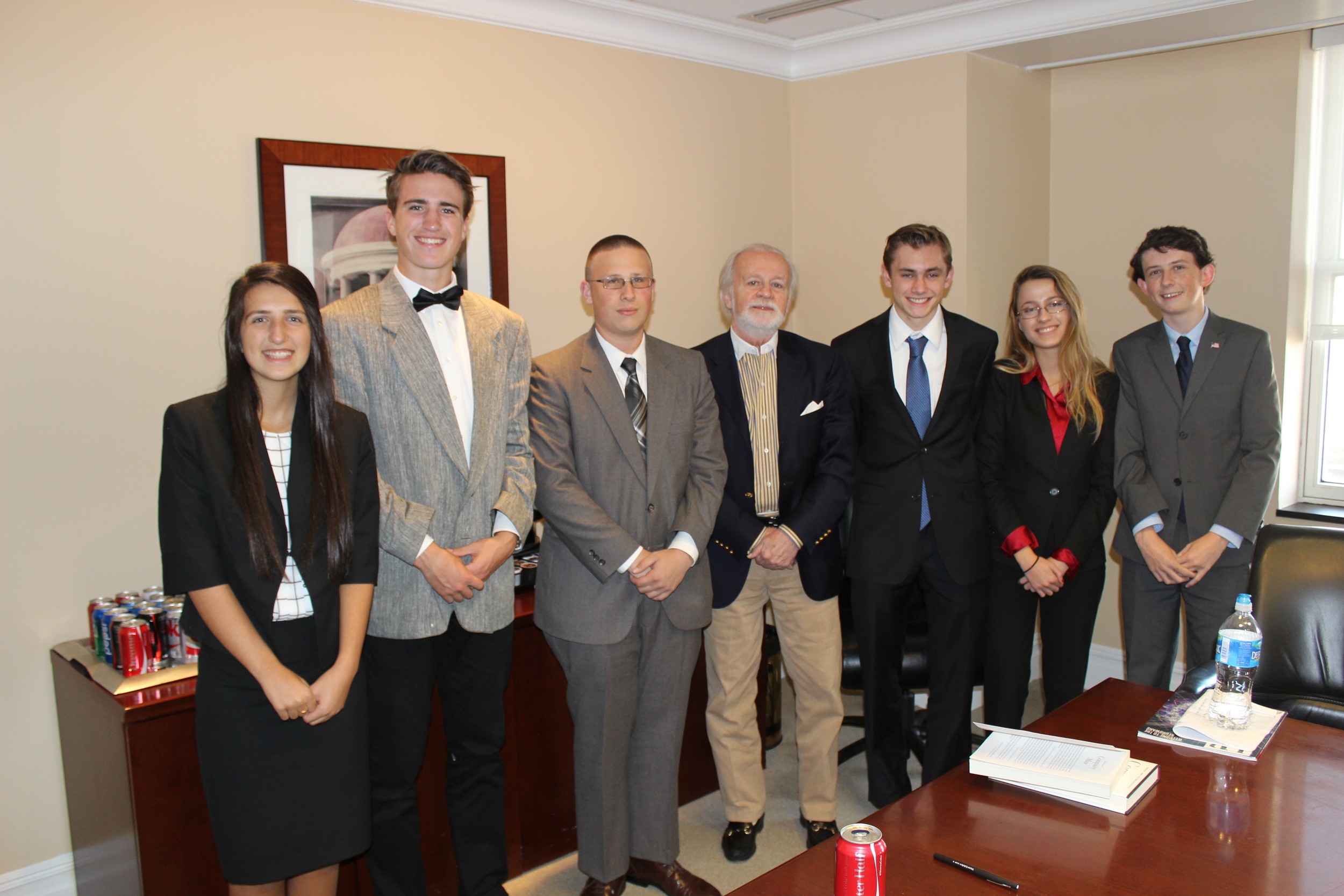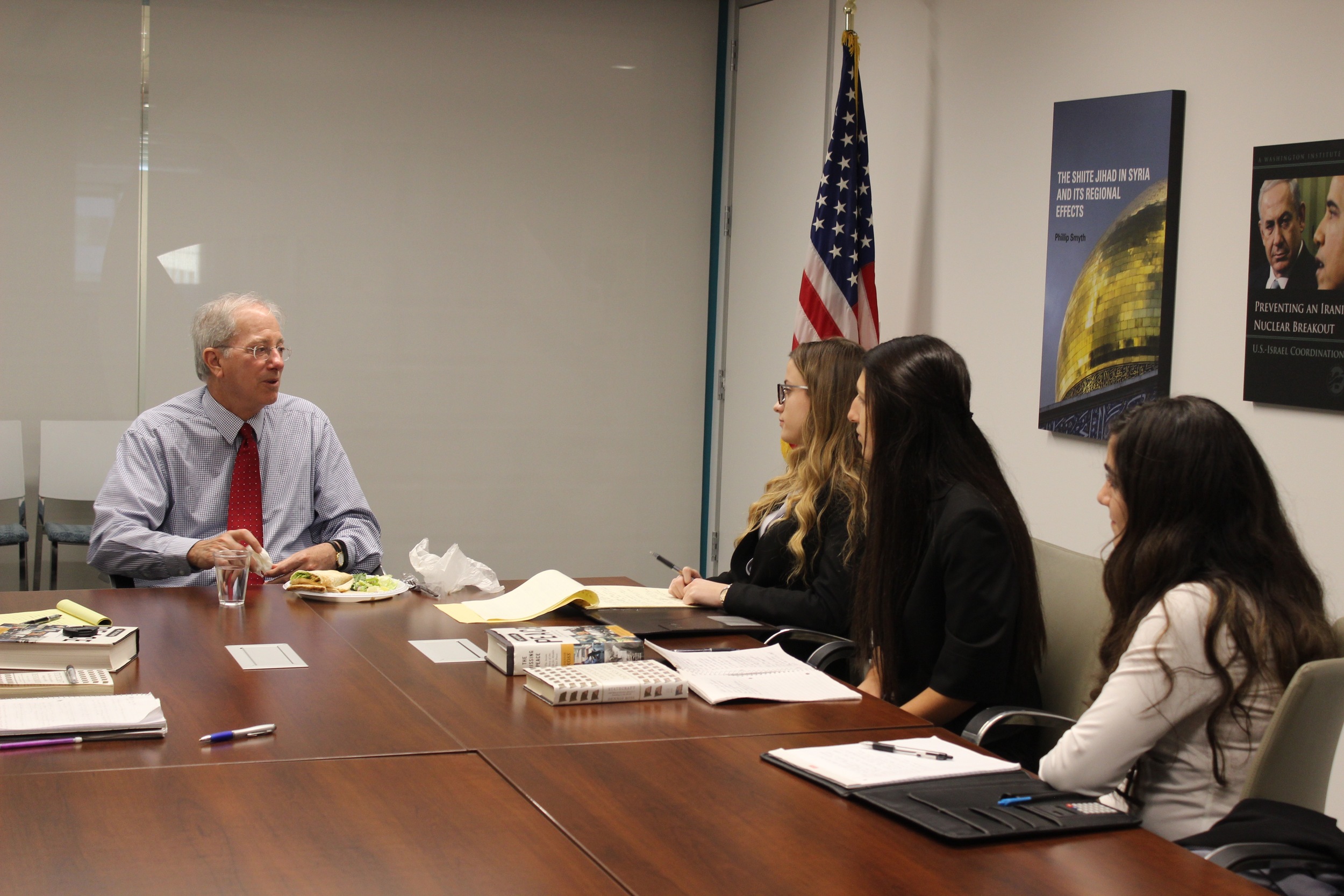Interacting with foreign policy in high school: the Foreign Policy Work Group at First Colonial High School (USA)
/By Brooke Habit, Senior, First Colonial High School
I've always had an interest in international affairs. It increased when I began studying French in middle school. It was the first time I was formally introduced to another language and culture and I found it fascinating. From that moment on, I had a desire to know more. As I entered high school at First Colonial in the Legal Studies Academy, my interest in foreign policy grew. I was being educated on U.S. law and criminal justice, and with this came discussions of how various countries' laws differed. My interest in these discussions only grew and I found myself wanting to learn more about foreign policy. I was introduced to Mr. John Sutton, advisor to the Foreign Policy Work Group, and began going on trips to Washington D.C. with him and other students who shared my same interests. These trips have offered those of us in Foreign Policy Work Group the opportunity to meet with people of varying professions involved in international affairs.
One of the first people I met, Ms. Rebecca Frankel, serves as an editor with Foreign Policy Magazine. She works closely with the photojournalism aspect of the magazine and has authored "War Dogs," a book which chronicles her research into dogs in the military. Speaking with her offered me a perspective of women in journalism. Ms. Frankel described some of her work in the Middle East and brought us into her personal office to view photos from her most recent trip. After this meeting, I knew I would never be able to remove myself from the world of international affairs and I wanted to know any and everything. Each subsequent trip to D.C. gave me more information. I became more committed to studying foreign languages and found myself watching the news every morning before school so I could begin each day with an understanding of things outside my personal bubble.
Through being a part of Foreign Policy Work Group, my worldview has shifted. I've always known there is something to be learned each day, but now I know that they are not just things from my world, but the world. I know global issues have no limits and am convinced I have the ability to play a pivotal role in how they are resolved. After becoming a part of Foreign Policy Work Group, I want to assume this role. My plans after high school are focused on what I would like to study in college that will allow me to continue to be involved in foreign policy. Young women today are not generally introduced to all that a career in foreign policy could offer. I had never considered this before joining Foreign Policy Work Group, but I now know it is a path I'd like to follow and I am considering a double major in international studies and French. My experiences and knowledge gained through my participation in Foreign Policy Work Group have played an intricate role in reaching this conclusion.


